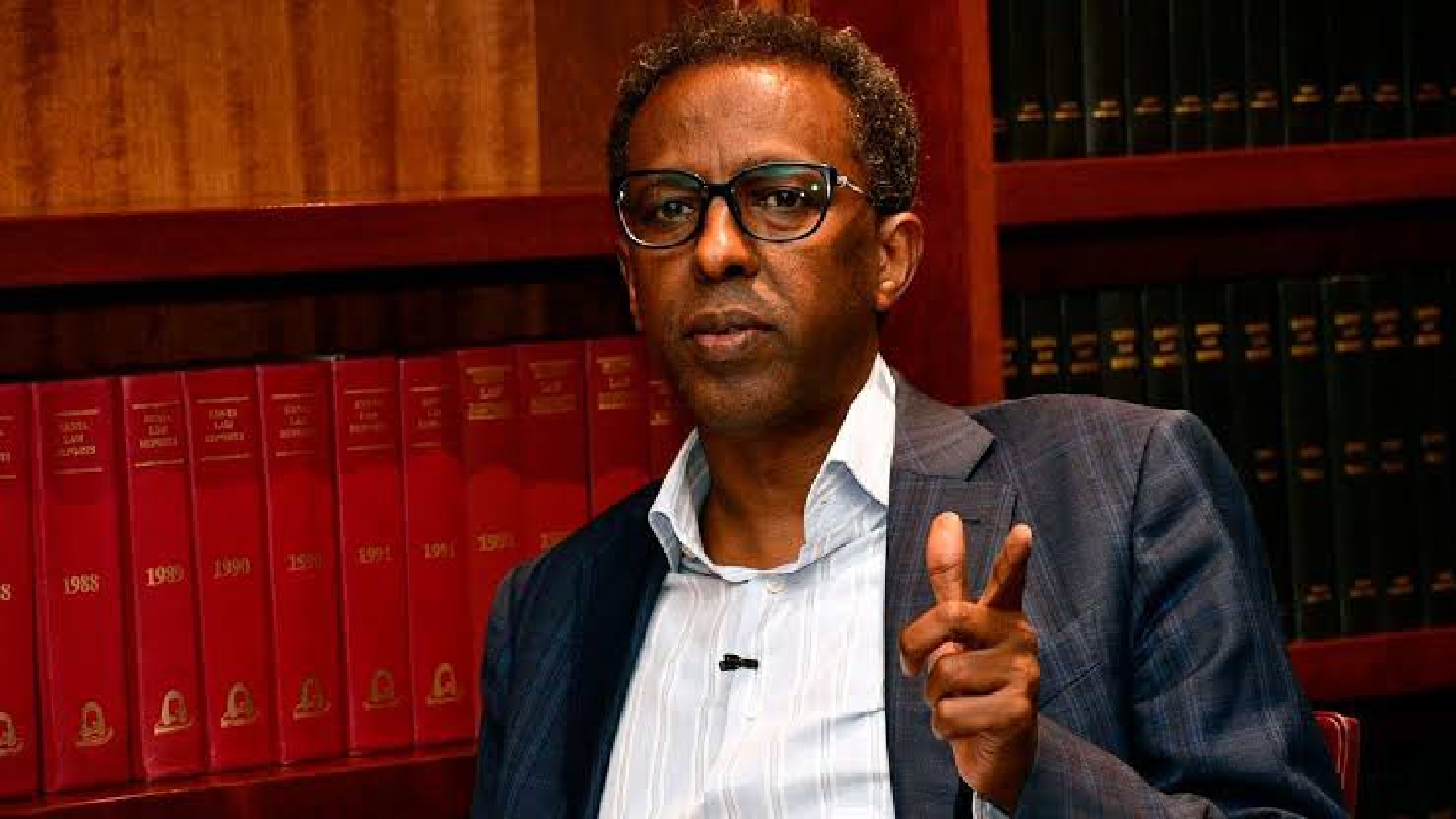Judiciary Seeking Probe into Senior Counsel Ahmednasir Abdullahi Over Corruption Allegations
The
Judiciary has escalated its ongoing feud with Senior Counsel Ahmednasir Abdullahi, calling for a criminal investigation into the prominent lawyer over his repeated social media attacks on judges and allegations of corruption within the judiciary. In a letter to the Director of Public Prosecutions (DPP) Renson Ingonga, Chief Registrar of the Judiciary Winfridah Mokaya labeled Abdullahi’s actions as amounting to criminal conduct under Kenyan law, citing a pattern of behavior that undermines public confidence in the judiciary.
The controversy stems from a May 15th social media post by Abdullahi, in which he alleged that a Supreme Court judge accepted a Ksh4 million bribe from a lawyer and client to influence a Court of Appeal case, which the parties ultimately lost. The Judiciary has dismissed these claims as baseless, arguing that Abdullahi’s persistent accusations of corruption and incompetence among judges constitute a deliberate attempt to erode trust in the judicial system. “This pattern of conduct amounts to a crime under the laws of Kenya,” the Judiciary stated, expressing concern that such actions could undermine the rule of law.
Abdullahi, a former president of the Law Society of Kenya (LSK) and a well-known critic of judicial governance, responded defiantly, accusing the Judiciary of attempting to cover up corruption rather than addressing it. In a fiery rebuttal, he wrote, “It isn’t the cries of Kenyans for a corruption-free judiciary that erodes public confidence in courts. It is the incompetent and corrupt leadership of the judiciary that erodes public confidence.” He further criticized Chief Registrar Mokaya, alleging that the call for his investigation was an attempt to silence dissent rather than confront systemic issues within the judiciary.
The current dispute is the latest chapter in a long-standing conflict between Abdullahi and the Kenyan Judiciary, particularly the Supreme Court. In January 2024, the Supreme Court imposed an indefinite ban on Abdullahi and his law firm, Ahmednasir Abdullahi Advocates LLP, from appearing before it, citing his repeated social media attacks on judges. The decision, which Abdullahi argued was an administrative overreach rather than a judicial ruling, sparked significant controversy, with the LSK filing a petition at the High Court to challenge the ban on grounds that it violated natural justice. The High Court declined to dismiss the LSK’s petition, and the matter remains pending before the Court of Appeal.
Additionally, thirteen lawyers from Abdullahi’s firm have petitioned the Judicial Service Commission (JSC) to remove Supreme Court judges, including Chief Justice Martha Koome, for alleged gross misconduct related to the ban. These petitions have been halted by the High Court pending further legal proceedings. Meanwhile, Abdullahi has taken his grievances to the East African Court of Justice in Arusha, Tanzania, seeking to overturn the Supreme Court’s ban and demanding Ksh200 million in damages for what he claims is a violation of his rights to fair administrative action, access to justice, and the fundamental right to work.
The Judiciary’s latest move to involve the DPP has intensified the standoff, with Abdullahi showing no signs of backing down. Legal analysts suggest that this escalation could further strain relations between the legal community and the judiciary, potentially undermining public trust in both institutions. The Office of the DPP has yet to issue a public response to the Judiciary’s request for action against Abdullahi, leaving the next steps in this high-profile dispute uncertain.
As the legal battle unfolds, Abdullahi remains a polarizing figure. Known as the “Grand Mullah” for his outspoken criticism of governance issues, he has built a reputation as one of Kenya’s top dispute resolution lawyers over a career spanning more than two decades. His supporters view him as a whistleblower exposing systemic corruption, while critics argue his public attacks risk destabilizing the judiciary’s authority.
The outcome of this investigation, if pursued, could have far-reaching implications for the balance between free speech and judicial integrity in Kenya, as well as for Abdullahi’s standing as a senior counsel. For now, the legal community and the public await the DPP’s response, as tensions between Abdullahi and the Judiciary continue to simmer.


